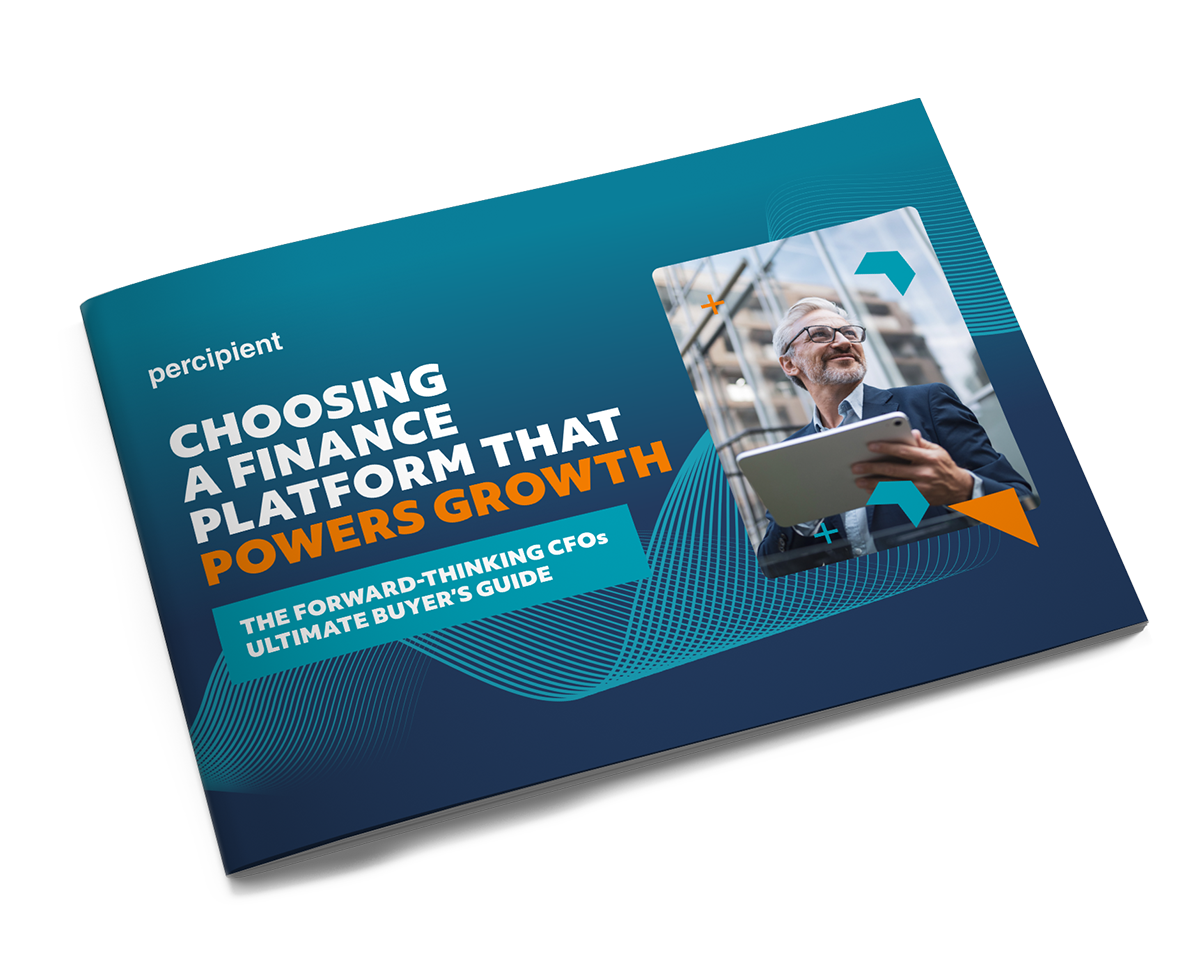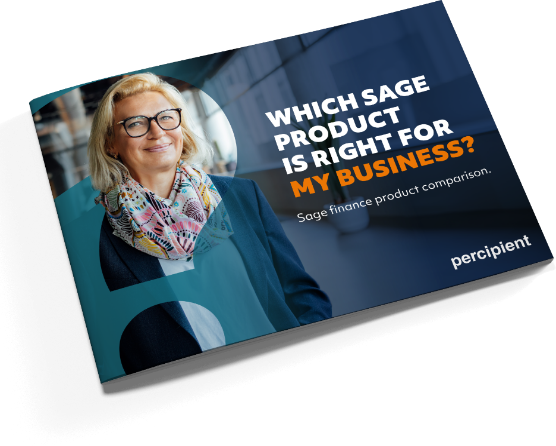Five Important Considerations When Selecting a Modern ERP Platform
By Michelle Duffy, Percipient
With agility and resilience fast becoming the new currency of business, it’s no wonder we’re seeing these attributes feature strongly within modern ERP. But with the pace of technological change accelerating, bringing with it new platforms, features and capabilities, what should organisations be looking for when making decisions on new ERP?
Perhaps the first point to note is that modern ERP is a different beast to the legacy ERP still in use by many organisations. Earlier versions of ERP were built for an environment that ran on disk-based computers, and came with a number of constraints, and typically involved lengthy and complex implementations.
Modern ERP systems are a far cry from this.
Operating in an environment which leverages computing power at scale via the cloud, it is hundreds of thousands of times faster, and brings insights simply and quickly into the hands of users.

With this in mind, here are our five top considerations when selecting a new ERP system:
1 Scalability
In modern ERP, it’s all about the updates, not the upgrades. In a world where we are increasingly data-rich but insight-poor, leveraging ERP to access data and insights is somewhat of a holy grail. However, most legacy ERP systems are simply not designed to scale to meet this need.
According to global market intelligence firm IDC, the business intelligence necessary to contextualise this data requires modern, cloud-based ERP, which can scale on demand, and respond to changing customer needs quickly. Most modern cloud ERP platforms deliver new functionality as part of a quarterly update in a mere click. This not only brings new functionality quickly and easily but ensures that the version is always current and scalable as the organisation grows.
2 Ease of use
Easy-to-use, intuitive interfaces, which work equally well on a mobile device as a desktop, are prerequisites for modern ERP. As well as delivering a better user experience and reducing risk by eliminating the need for extensive training, it has become a necessary means of recruiting talent. A candidate who has been raised in a world dominated by Apple’s philosophy of ”simple design, simple to operate” isn’t going to tolerate a legacy system that still resembles a green-on-black screen developed long before they were even born.
3 Flexibility
Flexibility is important for several reasons. The pandemic shone a light on the need for agility in responding quickly to changes in both supply and demand. We saw parfumiers shift business models to manufacture hand sanitiser; hotels become hostels for those in need, and restaurants establish successful food delivery and/or al fresco dining experiences.
While these examples are fairly extreme, it’s become abundantly clear that organisations need to quickly understand changes in the way their customers buy, consume and evolve, along with any bottlenecks in the supply chain, to adjust business models, crucially, before their competitors do. Having a system in place where functionality can be added in future releases, is vital in establishing a flexible framework for future survival in increasingly tough markets.
4 Easy Integration
Greater visibility is the goal of many ERP platforms, with consolidated reporting, more significant insights and better decision-making typically cited as key benefits for successful deployments. Silo-d information is clearly at odds with this goal, and with APIs representing a game changer when it comes to delivering fast, easy, cost-effective integration, adopting a solution which can take advantage of this capability is key.
5 Low TCO
Arguably, the most important characteristic to look for in modern ERP is how it is consumed. Gone are the days when up-front investment was required to buy both hardware and a perpetual licence. Modern ERP is delivered via the cloud and consumed as a service. This of course brings with it the many benefits outlined above, but from a cost perspective, it means that there’s no need to manage a data centre, and train and resource a team to look after it. Instead, resources can be freed up to focus on new opportunities and inform business strategy.

The Right Kind of Digital
One of the greatest certainties in 2022 is that uncertainty is here to stay. Global political volatility, Brexit and COVID have resulted in a level of disruption to business which has, to a degree, become the norm.
While supply chain volatility, labour shortages, cost increases and shifting consumer demand can’t be directly remedied by even the very best ERP, the right solution can help mitigate the impact of this volatility and steady the ship in stormy waters.
Those leaders who give careful consideration to issues such as scalability; ease of use; flexibility; integration; and cost of ownership will undoubtedly be the winners when it comes to best practice in digital transformation. And with digital a crucial lever for success in the future, it stands to reason that the right software decision will reap dividends in the form of superior performance.
Accounting Software Experts
If you would like to know more about Percipient or the benefits our software and services could bring to your business, get in touch or call us on 01606 871332.




